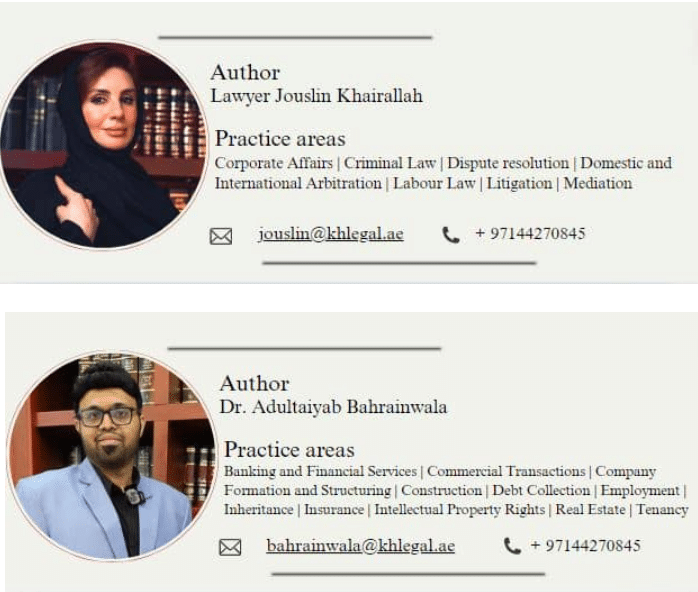Introduction
On 10 December 2024, the Executive Council of Dubai, under the leadership of H.H. Sheikh Hamdan bin Mohammed bin Rashid Al Maktoum, Crown Prince of Dubai, issued Resolution No. 101 of 2024. This resolution, published in the Official Gazette, introduces a comprehensive framework for administrative violations and fines applicable to foreign banks operating in Dubai. It aligns with the provisions of Law No. 1 of 2024 concerning taxation on foreign banks in the emirate. This blog explores the resolution’s critical aspects, including the defined violations, associated penalties, and their broader implications for compliance and governance.
Key Provisions of Resolution No. 101 of 2024
1- Scope and Definitions
The resolution adopts the terminology defined in Law No. 1 of 2024. It applies specifically to foreign banks operating in Dubai, ensuring clarity and consistency in the implementation of its provisions.
2- Administrative Violations and Fines
The resolution outlines a detailed table of violations and their corresponding fines, which include:
Late Submission of Tax Declarations: A fine of AED 1,000 per day of delay is imposed for failing to provide tax declarations and supporting documents within the specified timeframe.
Inaccurate Submission of Documents: AED 20,000 is levied for submitting incorrect or non-compliant documents.
Errors in Voluntary Disclosures: A fine amounting to 10% of the tax discrepancies uncovered during audits, capped at AED 500,000, is applied.
Failure to Notify Changes: AED 20,000 is charged for not informing the authorities about changes in business addresses or cessation of banking activities.
Non-Compliance with Directives: A flat penalty of AED 10,000 is imposed for violating directives issued by the regulatory authorities.
3- Doubling of Penalties
For repeat offenses within two years, the resolution permits the doubling of fines, subject to a maximum limit of AED 1,000,000. This escalation underscores the importance of adherence to regulatory requirements and acts as a deterrent to repeated non-compliance.
4- Allocation of Collected Fines
All fines collected under this resolution are directed to Dubai’s public treasury, ensuring their contribution to the emirate’s fiscal health and governance.

Significance and Compliance Implications
The resolution highlights Dubai’s commitment to fostering a robust regulatory environment for foreign banks. Key takeaways include:
- Enhanced Regulatory Oversight: By defining specific violations and associated fines, the resolution ensures greater accountability and transparency in the banking sector.
- Incentivizing Compliance: The doubling of fines for repeated violations within a two-year window serves as a strong deterrent, encouraging foreign banks to maintain high standards of compliance.
- Support for Fiscal Policies: Allocating fines to the public treasury reinforces the resolution’s alignment with Dubai’s broader economic and financial objectives.
Challenges and Recommendations for Foreign Banks
Foreign banks operating in Dubai must adapt to the stringent regulatory landscape to avoid penalties. Recommendations include:
- Streamlining Tax Compliance: Establish robust systems for timely and accurate submission of tax declarations and disclosures.
- Regular Audits and Training: Conduct periodic internal audits and train staff on regulatory updates to ensure adherence to applicable laws and directives.
- Proactive Communication with Authorities: Promptly notify regulatory bodies about changes in operational status or contact information to avoid penalties.
Conclusion
Executive Council Resolution No. 101 of 2024 marks a significant step in enhancing the regulatory framework for foreign banks in Dubai. It emphasizes accountability, compliance, and transparency, reinforcing Dubai’s reputation as a global financial hub. Foreign banks must prioritize regulatory adherence to align with these standards and contribute to the emirate’s robust financial ecosystem.
By understanding and implementing the requirements of this resolution, foreign banks can not only avoid penalties but also build a foundation of trust and compliance in their operations within Dubai.
Having said that, Contact Khairallah Advocates & Legal Consultants and benefit from our free 30-min legal consultation.
*Disclaimer: our blogs, law updates and FAQ’s are freely distributed for educational purposes and to showcase recent updates and regulations in the UAE’s framework.
If you have any questions and need assistance, contact us at our number or book an appointment online.




